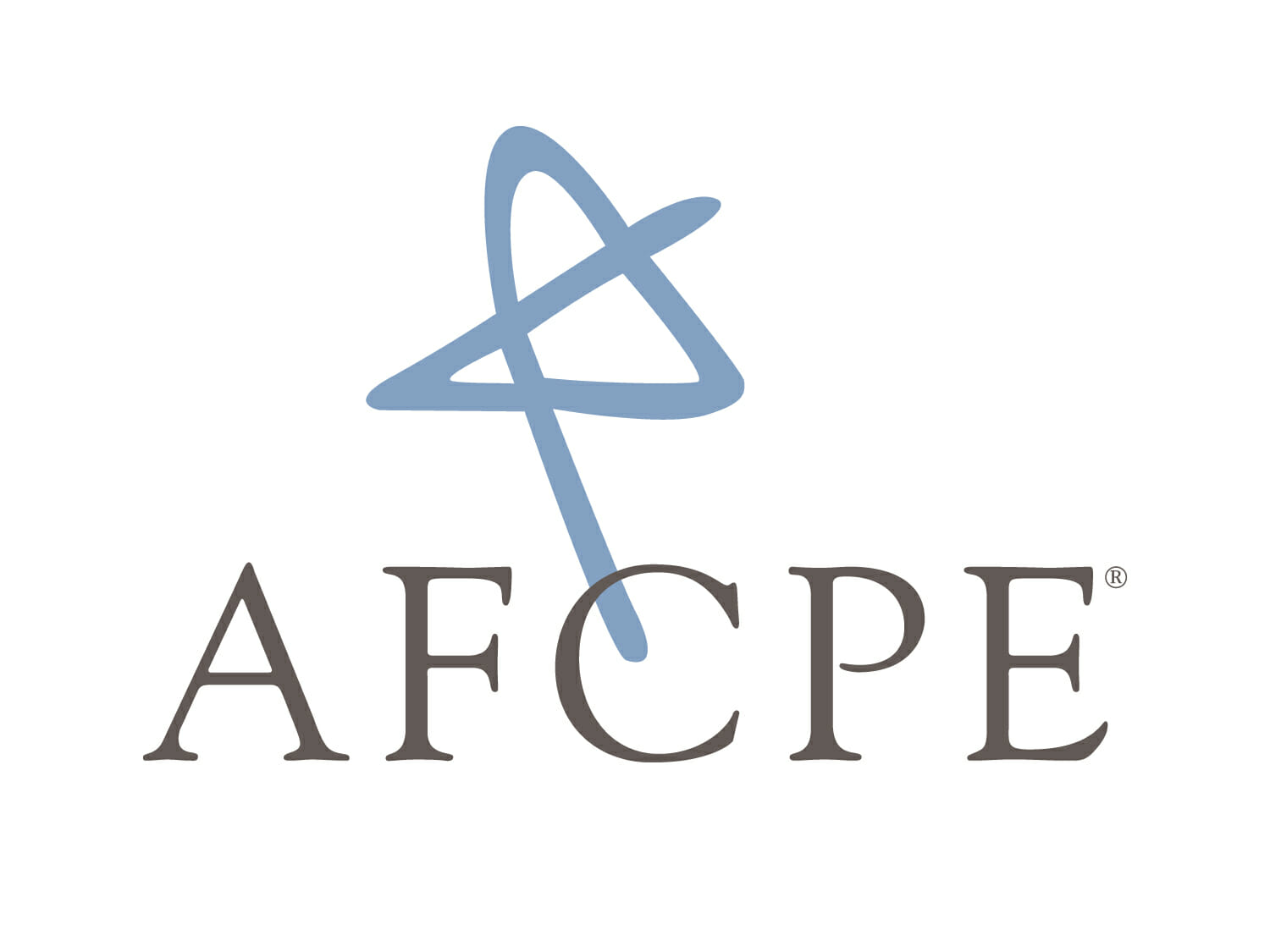According to the 2014 National Student Financial Wellness Study, a staggering 70% of college students are stressed about finances. This statistic is concerning on many levels. Research shows that financial stress is a strong factor in academic failure, can lead to health issues and is associated with negative financial behaviors.
With more college campuses developing financial education programs, peer counseling models and a number of financial education resources, how do we encourage more students to seek help from financial counselors and educators?
Factors that influence help-seeking behavior:
In their 2015 study, Financial Stress, Self-Efficacy, and Financial Help-Seeking Behavior of College Students, published in the Journal of Financial Counseling & Planning (JFCP), HanNa Lim, Stuart J. Heckman, Jodi Letkiewicz and Catherine P. Montalto build upon an existing financial behavior help-seeking framework, to determine the factors that influence help-seeking behavior. These factors include:
Gender. Male students were less likely than female students to seek financial help.
Race. Black students were more likely to seek help than white students.
Class Rank. Students were less likely to receive help as their class rank increased.*
*This finding differed from earlier research, but the authors believe that financial counseling services are more likely to reach students early in their college experience, when they tend to be more engaged with the campus community.
Immediate Financial Crisis. Students with high student loans debt or who were facing immediate financial crisis were more likely to seek financial help.
Personal Finance Education to Increase Self-efficacy. While other research has shown that less knowledgeable students are more likely to seek help, this study found that students who have received personal finance education are actually more likely to seek help. This may be due to a better understanding of where to access help, or to diminished overconfidence in their own financial capacity.
How can financial counselors and educators effectively use these findings to encourage help-seeking on college campuses?
The research suggests that the findings may be useful to financial counselors, educators, and practitioners who are focused on developing strategies, tools and resources to assist college students with their personal finances. They suggest:
Exploring strategies to help better reach populations less likely to seek assistance, such as men or students further along in the education process (i.e. nearing graduation).
Offering personal finance courses early (to incoming Freshman). Start loan education early, to avoid the financial shock before graduation. Make students aware of the tools and resources available to them earlier, which will better direct them to financial counselors later if additional guidance is needed.
- Increasing financial knowledge may increase financial self-efficacy and should be a strong consideration in campus financial wellness initiatives.
Extending beyond the campus:
As the research indicates, both financial knowledge & awareness are important precursors to help-seeking, and this understanding extends beyond the campus into all client / practitioner relationships.
“Financial stress is positively associated with financial help-seeking, and the positive association is stronger among individuals with high financial self-efficacy. Understanding self-efficacy of clients can inform appropriate outreach in response to economic and market changes. Clients with higher financial self-efficacy may self-identify the need for help and initiate contact, while clients with lower self-efficacy may respond better to advisor-initiated contact.”
The authors suggest that future research should consider using experimental designs to more strongly establish the causal relationship between financial stress, financial education, financial knowledge, and financial self-efficacy.
As financial educators, researchers and practitioners, what are your ideas for testing these relationships?

Leave a Reply